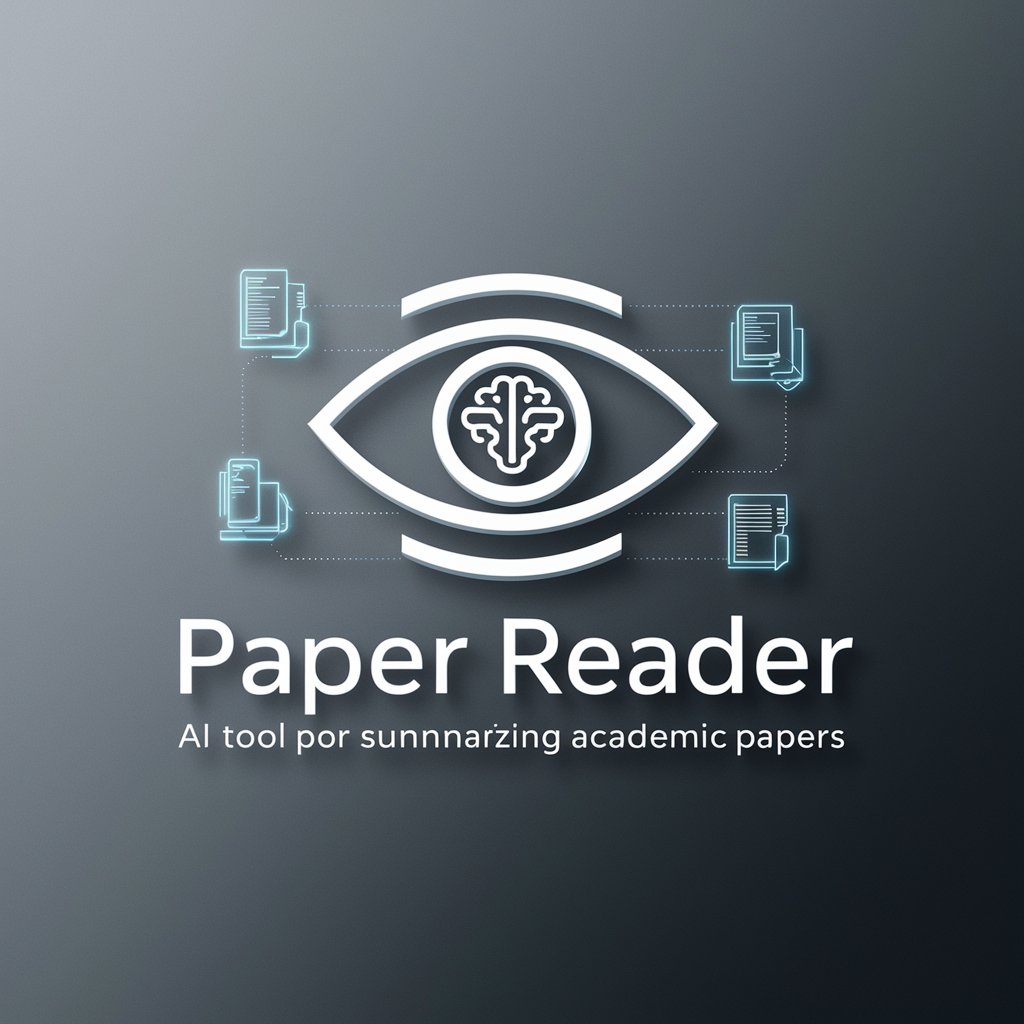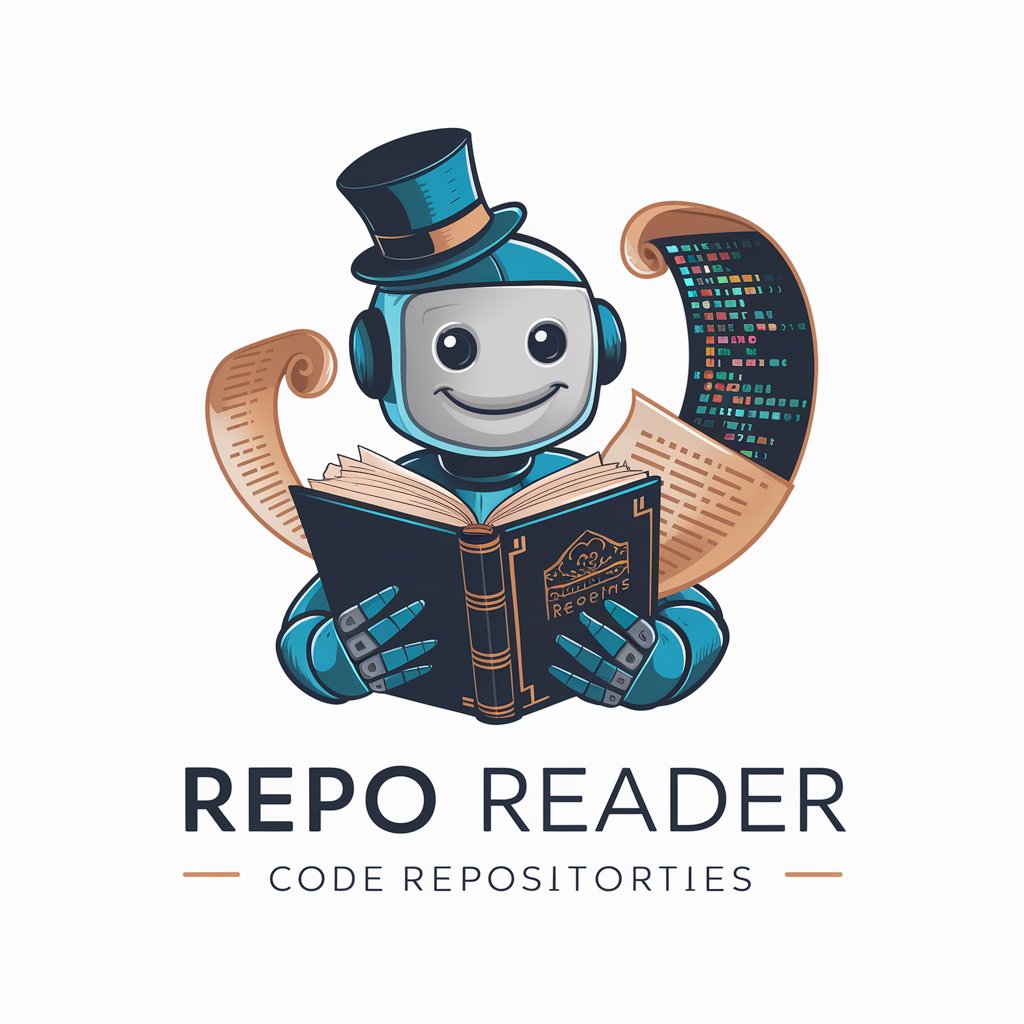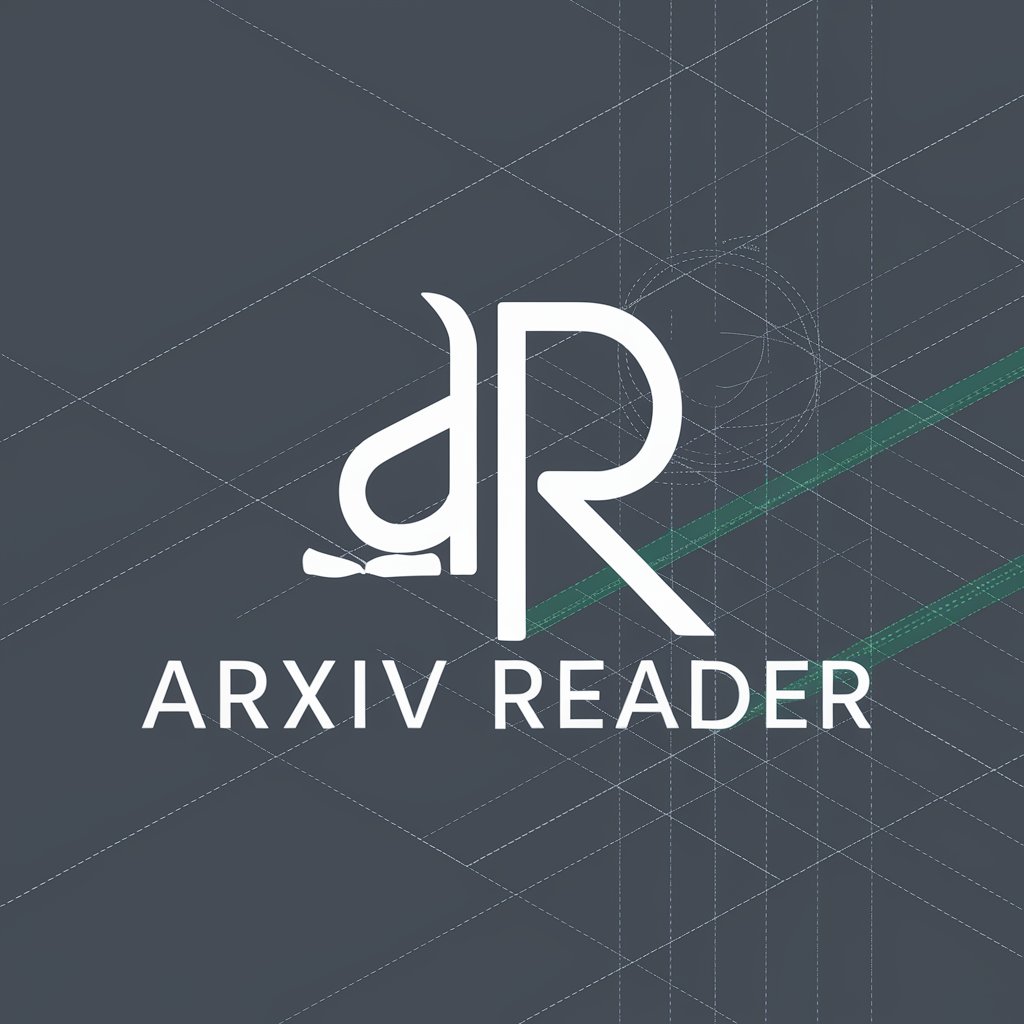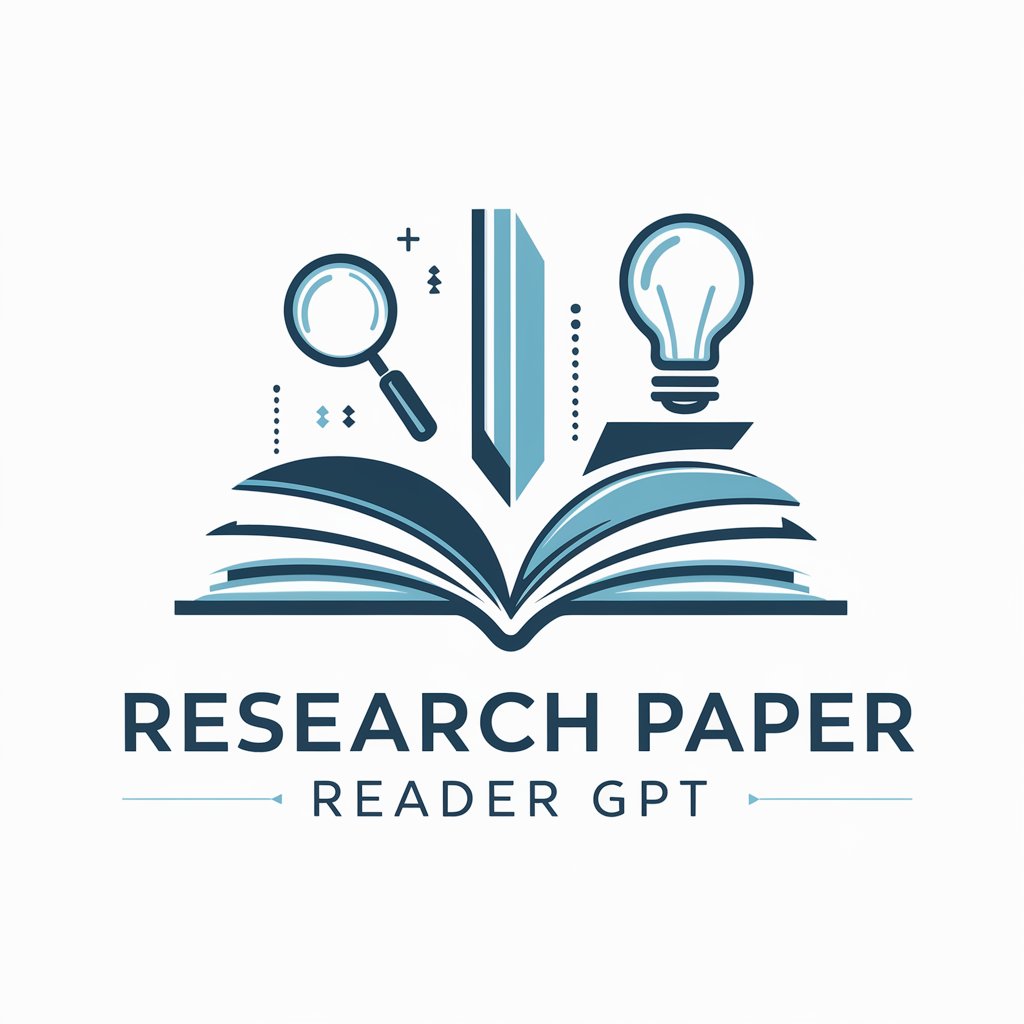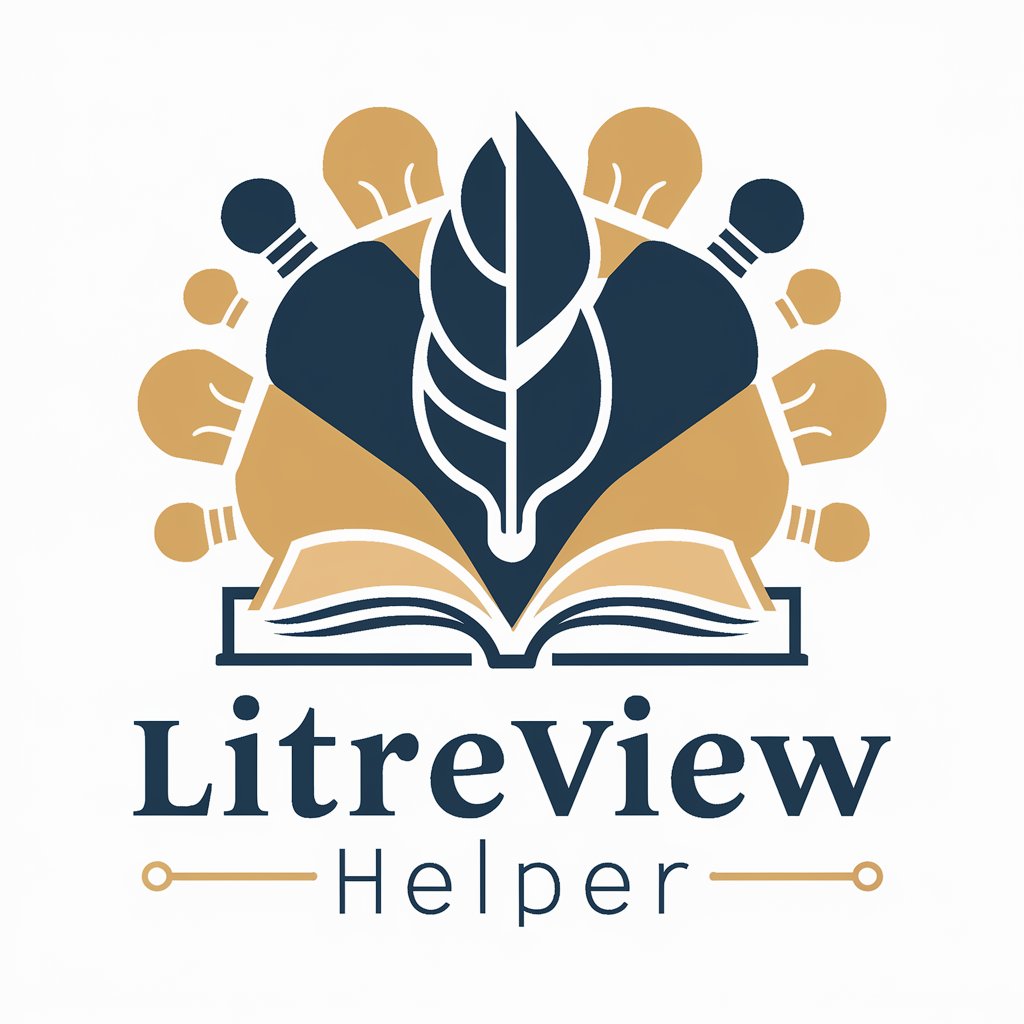
Research Reader - Detailed Bioscience Summaries
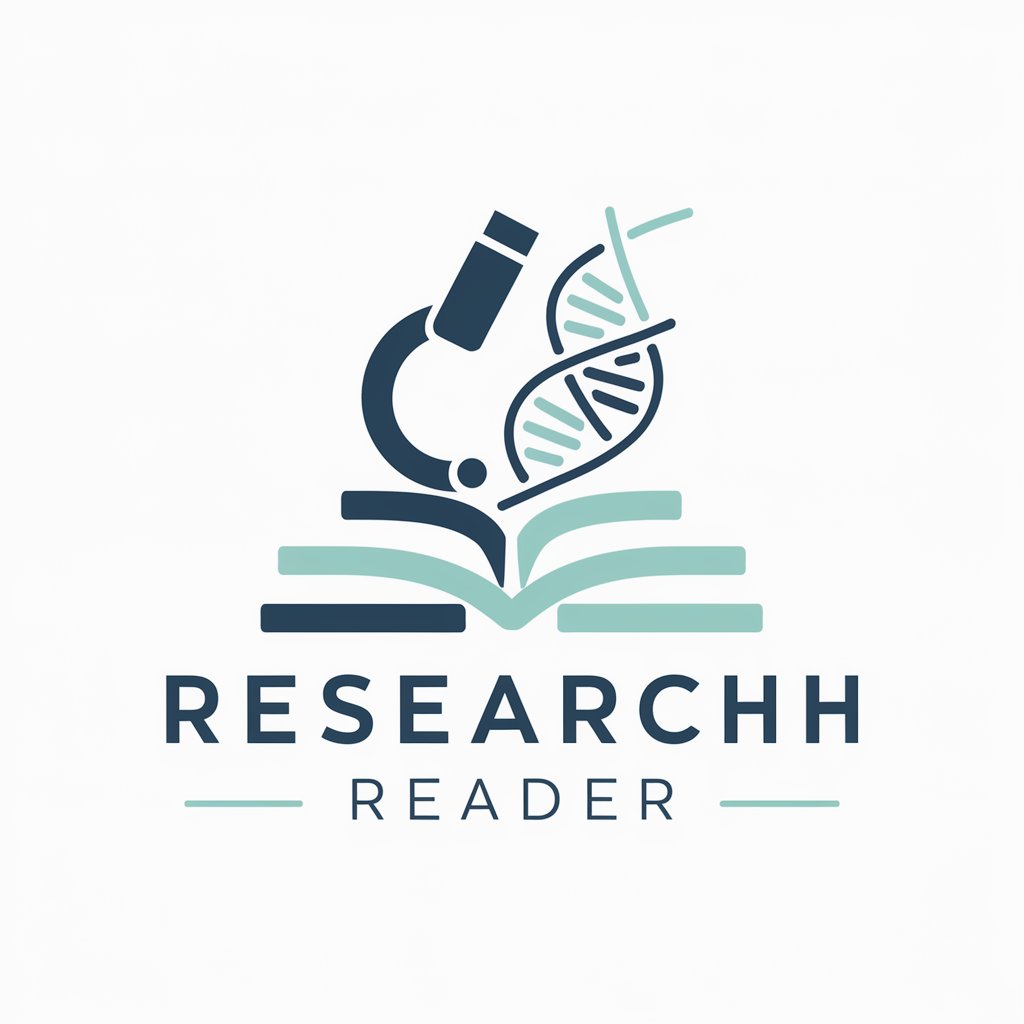
Welcome to Research Reader, your expert in medical and bioscience paper summaries.
Deciphering Science, Enhancing Knowledge
Explain the significance of the research background in understanding a study's context.
Discuss the core concepts and aims outlined in the hypothesis and ideas section.
Describe the experimental methods used, focusing on molecular techniques and animal models.
Analyze the results and their corresponding experiments to understand the findings better.
Get Embed Code
Overview of Research Reader
Research Reader is a specialized AI tool designed to provide in-depth summaries and analyses of medical and bioscience papers. It is programmed to deliver comprehensive understanding through detailed exploration of research backgrounds, hypotheses, experimental methods, results, and conclusions. Research Reader stands out for its ability to delve into technical aspects, including molecular techniques, cell culture, and animal model experiments, ensuring clarity and depth in understanding scientific studies. This tool is also capable of translating summaries into Chinese, bridging language barriers in scientific communication. Powered by ChatGPT-4o。

Key Functions of Research Reader
Detailed Research Summaries
Example
Summarizing a paper on cancer immunotherapy, Research Reader would dissect the paper's hypothesis, detail the molecular techniques used, analyze experimental results, and discuss the implications and novelty of the findings.
Scenario
Useful for researchers seeking a quick yet comprehensive overview of a new study in their field.
Translation into Chinese
Example
Translating a complex genetic engineering paper from English to Chinese, maintaining the technical accuracy and context of the original research.
Scenario
Beneficial for Chinese-speaking researchers or students who require access to latest scientific findings published in English.
Experimental Methods Analysis
Example
Explaining the use of PCR, western blot, and immunofluorescence in a microbiology paper, including the specifics of experimental setup and control groups.
Scenario
Helpful for students or new researchers understanding detailed experimental techniques in published papers.
Target User Groups for Research Reader
Academic Researchers
Researchers in biosciences and medicine can utilize Research Reader for quick, in-depth analyses of new studies, staying updated with current trends and methodologies in their field.
Graduate and Postgraduate Students
Students in these fields will find Research Reader invaluable for understanding complex research papers, particularly for learning about experimental designs and data analysis techniques.
Non-English Speaking Scientists
Chinese-speaking researchers and students will benefit from the translation feature, allowing them access to a wide range of scientific literature that might otherwise be inaccessible due to language barriers.

Guidelines for Using Research Reader
Initial Access
Visit yeschat.ai for a free trial without the need for login, and without requiring a ChatGPT Plus subscription.
Choose Research Topic
Select a specific medical or bioscience research topic or paper you want to explore in detail.
Query Submission
Submit detailed questions or topics related to your chosen research area. These can range from hypotheses, experimental methods, to result analysis.
Review Responses
Carefully review the detailed summaries and explanations provided, which include comprehensive background, methodology, results, and discussions.
Interactive Learning
Engage in an interactive learning process by asking follow-up questions or requesting clarifications to deepen your understanding.
Try other advanced and practical GPTs
Topical Authority Generator
Empowering Content with AI Insight
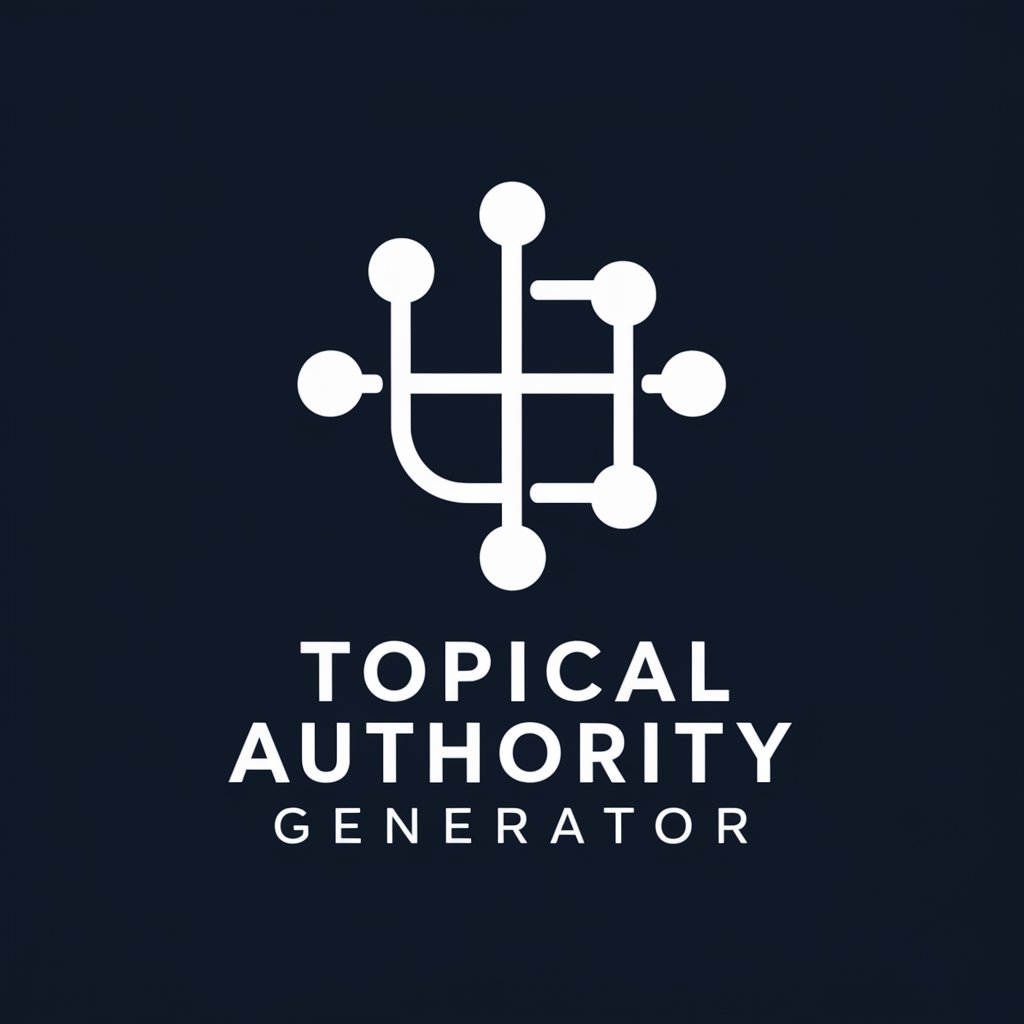
MindMapIt
Visualize Ideas with AI
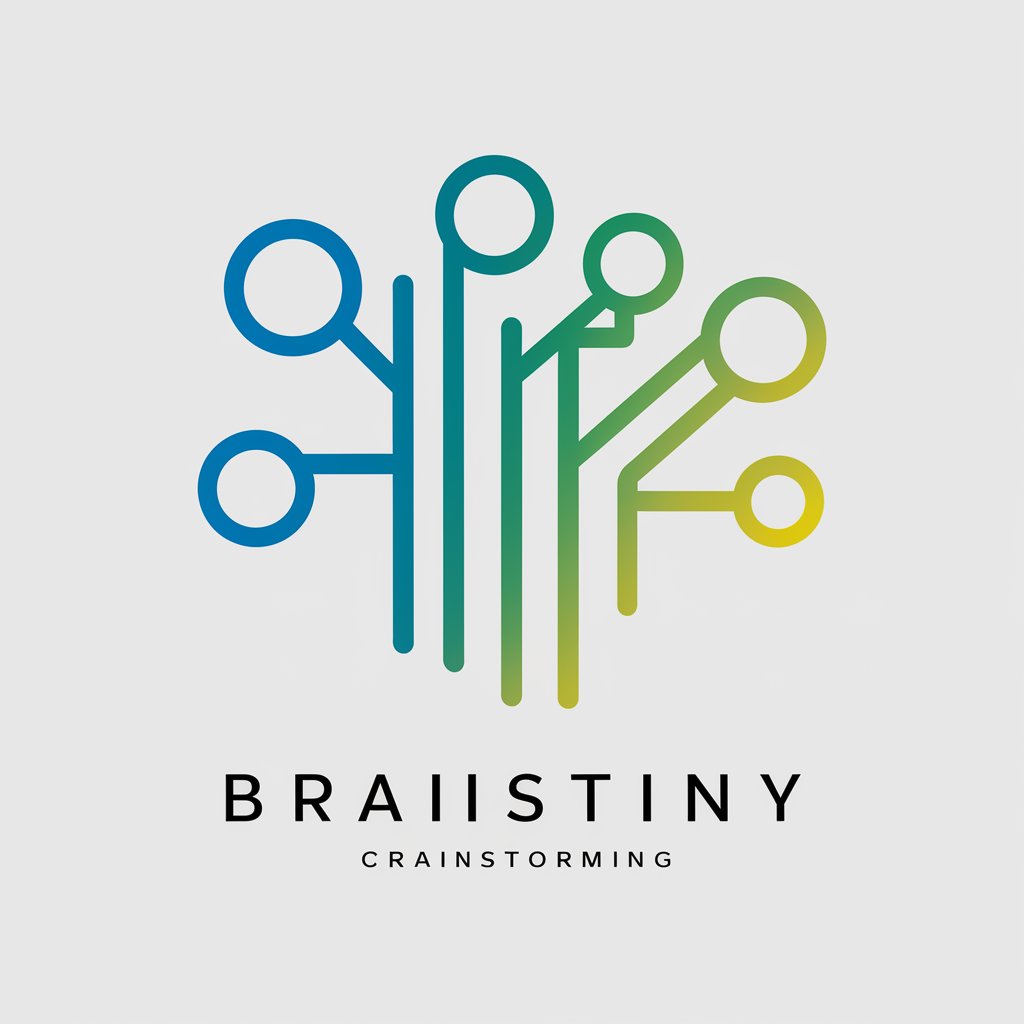
论文润色助手
Empowering your thesis with AI
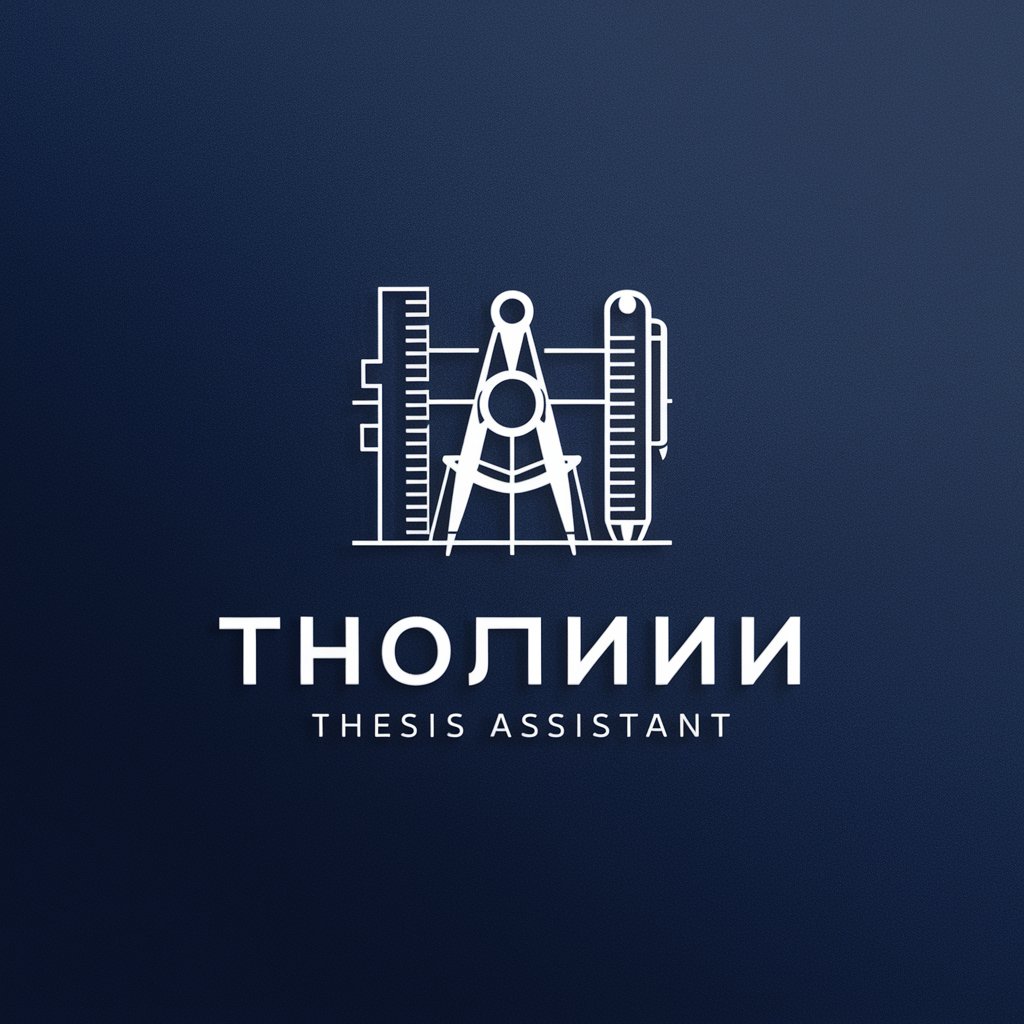
Wisdom Weaver
Empowering Multicultural Philosophical Discourse

Edgar Allan Poe
Explore the macabre with AI-powered Poe

Tyler Durden
Empower Your Decisions with AI

JDD : assistant redaction Mail
Craft Professional Emails with AI

Trading Expert
Elevate Your Trading with AI

Prepping
AI-Powered Emergency Readiness
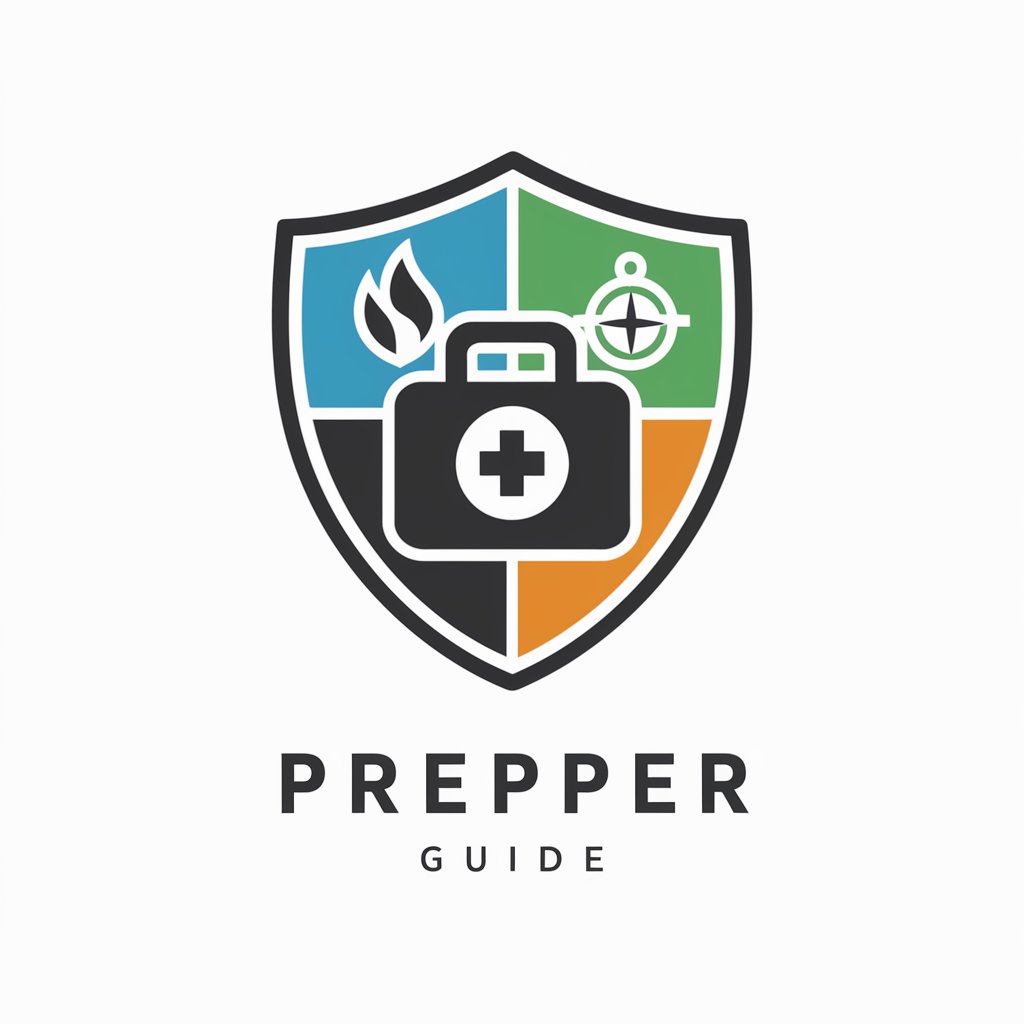
Email Wizard
Empower Your Emails with AI

Music Mentor
Elevating Music Careers with AI

Fooocus Tutorial Guide
Empowering creativity with AI

Frequently Asked Questions about Research Reader
What type of research topics can Research Reader handle?
Research Reader specializes in medical and bioscience papers, offering detailed summaries and insights into experimental methods, results, and scientific discussions.
Can Research Reader assist in understanding complex experimental techniques?
Yes, it provides meticulous details on various experiments, including molecular techniques like western blot and PCR, ensuring clarity in understanding the experimental setup.
How does Research Reader enhance the comprehension of research findings?
It links each result to its corresponding experiment, enhancing the understanding of findings and their scientific significance.
Is Research Reader suitable for newcomers to the field of biosciences?
Absolutely, it offers comprehensive explanations using technical language supplemented by online browsing, making it accessible to both professionals and newcomers.
Does Research Reader offer insights into the novelty of research papers?
Yes, it emphasizes the paper's creativity and novelty, highlighting new methodologies, findings, and implications in the field of study.
